Shannon Holsey on tribal community clinics and nutrition
Stockbridge-Munsee Band of Mohican Indians President Shannon Holsey discusses the goals and impacts of tribal health clinics and the statewide Tribal Elder Food Box program for Indigenous communities.
By Erica Ayisi | Here & Now, ICT News
July 2, 2025
Shannon Holsey on impacts of tribal health clinics and the Tribal Elder Food Box program.
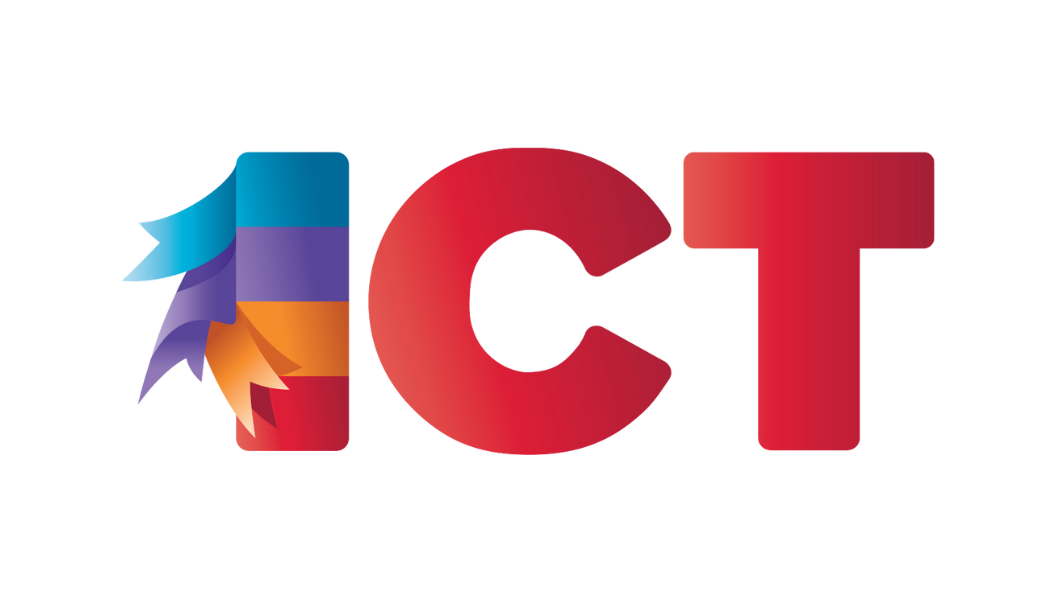
VIDEO TRANSCRIPT
President Shannon Holsey:
In our dental department, we currently have — I think — 1,500 patients, which is pretty a large operation, so it's multifaceted in its approach. People are very, very reliant on our health care clinic to provide basic health care to them. So, our health care system has been in operation for a long time. We have expanded and we continue to expand. Right behind our health care clinic we also have a assisted living center that can house up to 36 of our tribal elders and community members, so our operations are expanding.
Erica Ayisi:
I know some of the tribes have Tribal Elder Food Boxes and other community-based, food-based programs to provide Indigenous food to the elder community. Does Stockbridge-Munsee have a similar program, and if so, with USDA cuts, how has that been impacted?
President Shannon Holsey:
Yes, it is. So, it impacts every tribe in Wisconsin. We all participate in this USDA food box program, and it's scheduled to be cut as of the fall. We have solicited additional dollars to continue it, because we know that it has had positive impact. It's sort of a mind, body, spirit, because we think traditional food ways are medicine. Because these food box are unique in that the foods come from Indigenous communities, they're produced and grown in Indigenous communities and they're healthy, right? So, we have been soliciting of resources to make sure that we continue it, because we understand that in Wisconsin there are food deserts — access to proper and nutritional food — and then certainly limited access to our own food, Indigenous foods. It's a unique challenge that we're all facing, and we're trying to face it head on. We're working with the state of Wisconsin. We've proposed resources within the state budget to continue the program, but absent that, we're still prepared, if not, that we find unique ways to offset that need because it's something that doesn't go away absent a resource that would potentially fund that. We have to find unique ways to address it, absent whatever that is, because food is medicine.
This report is in collaboration with our partners at ICT, formerly Indian Country Today.
 Passport
Passport




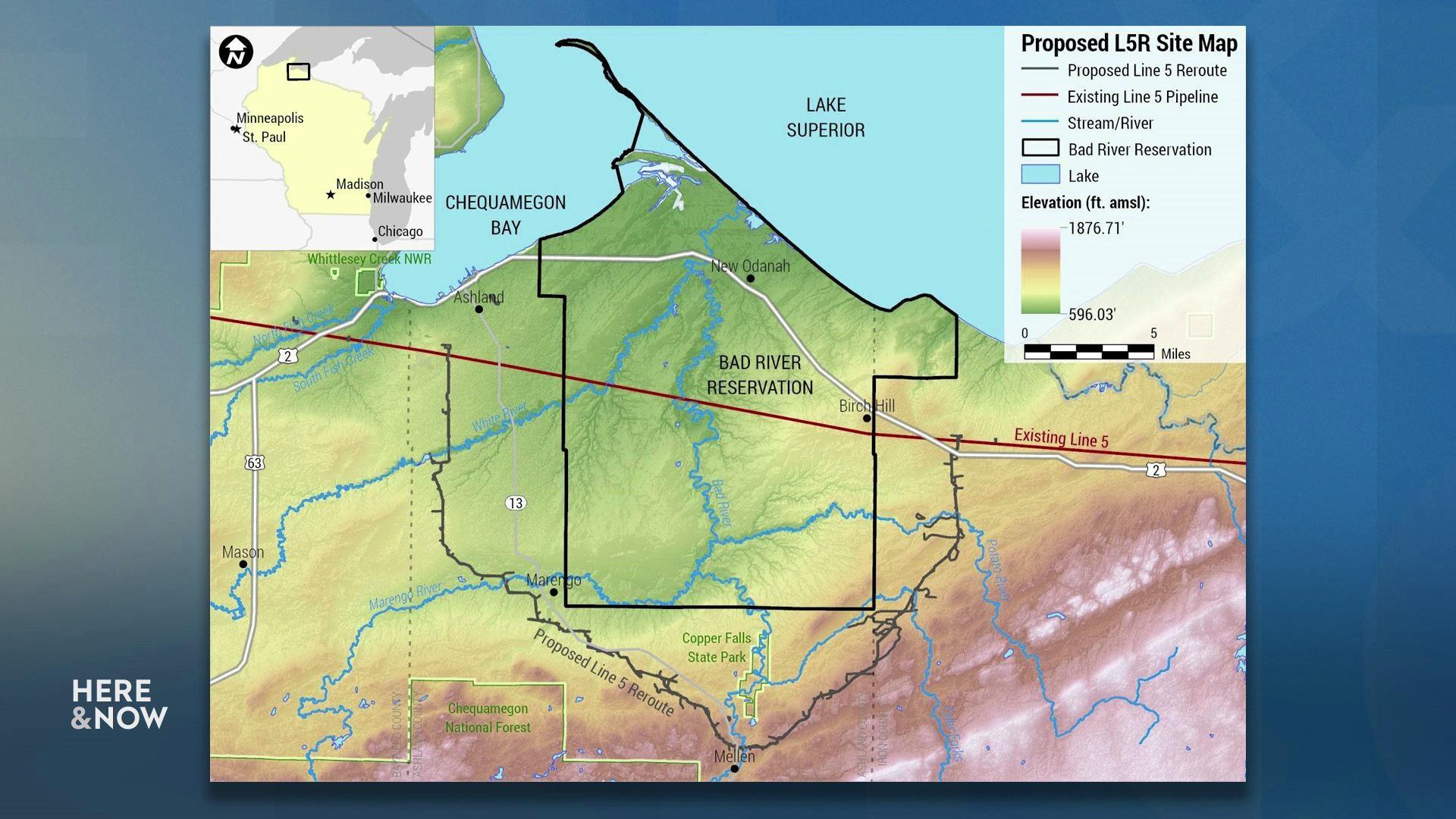
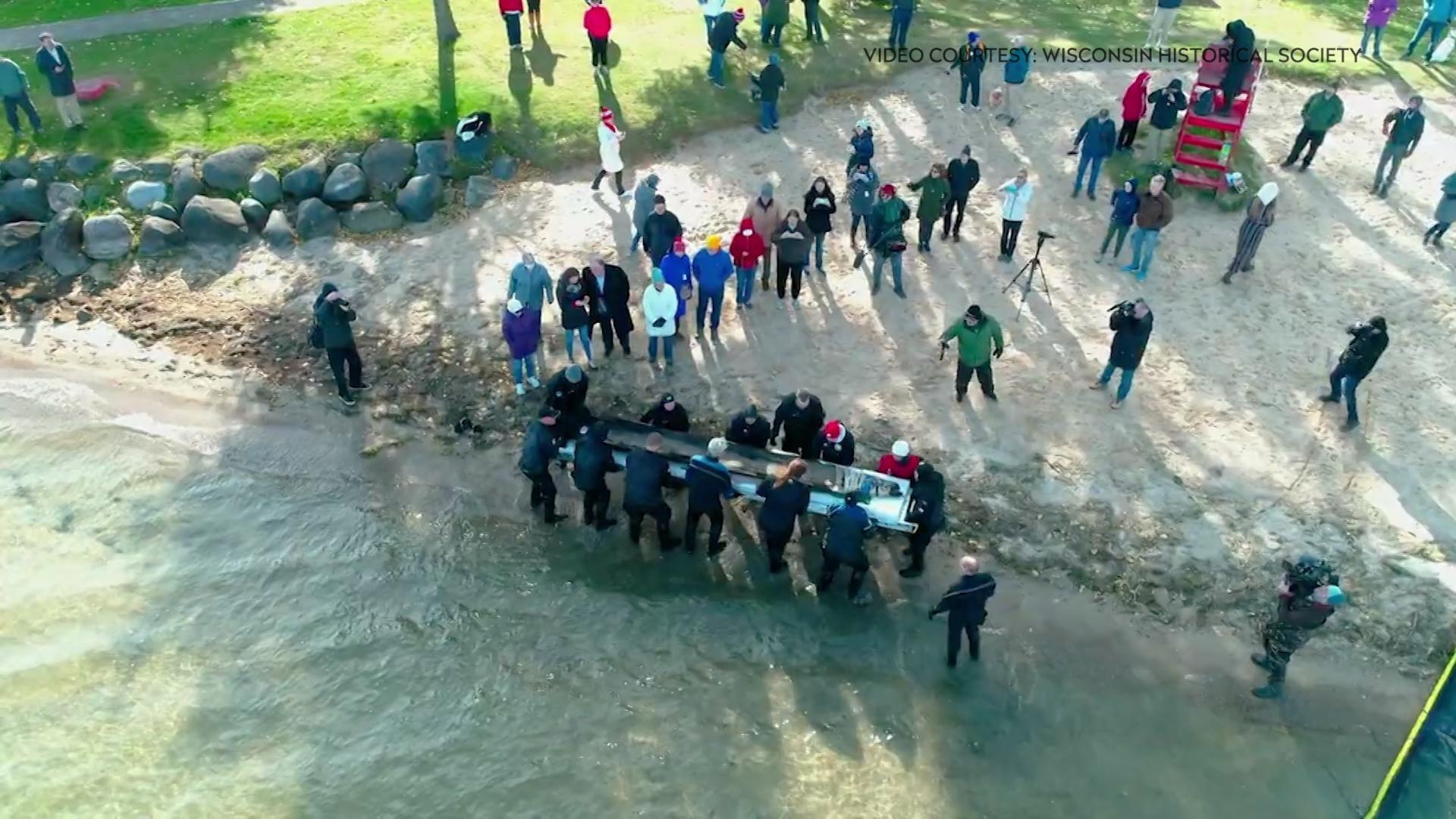
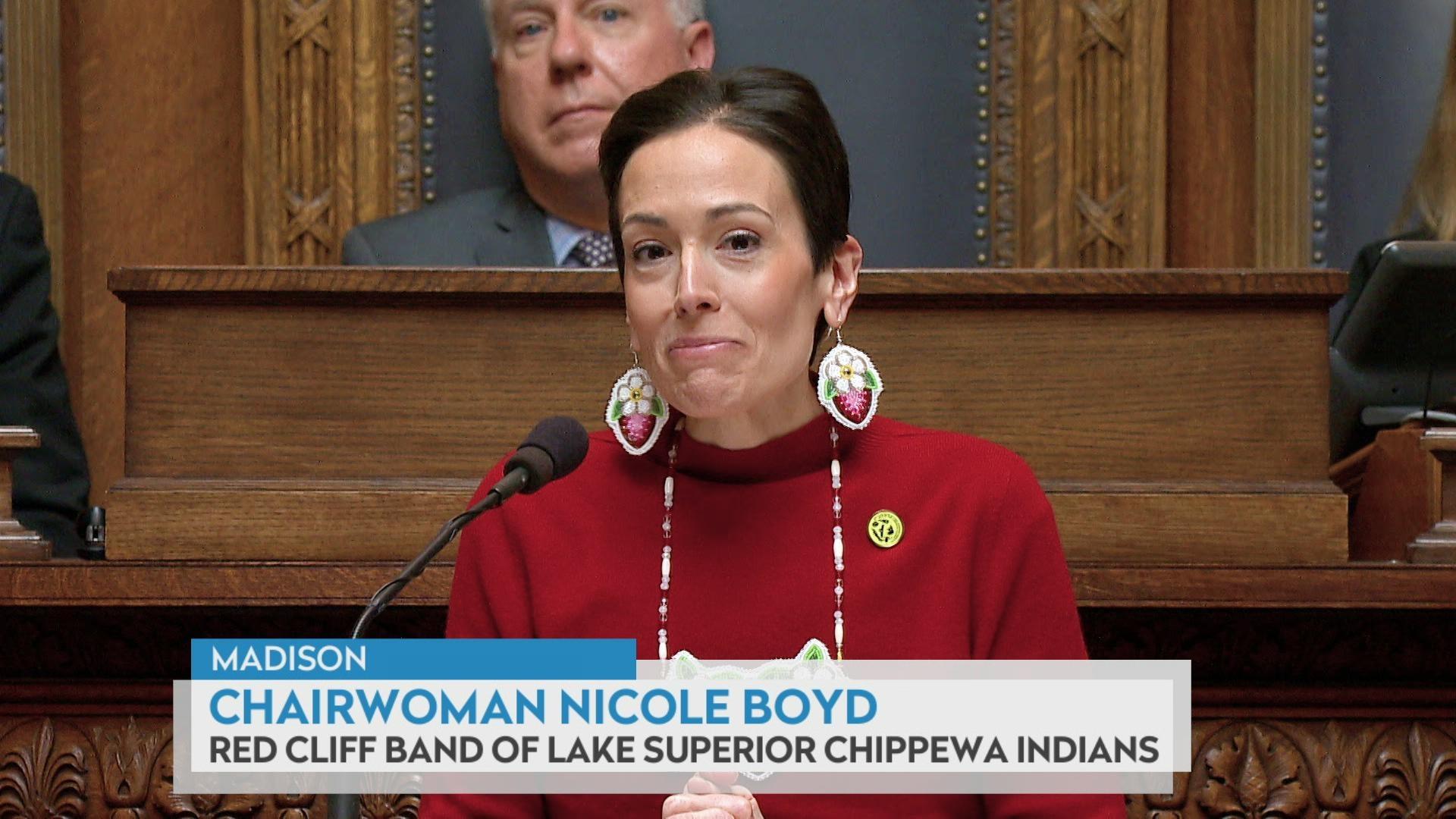
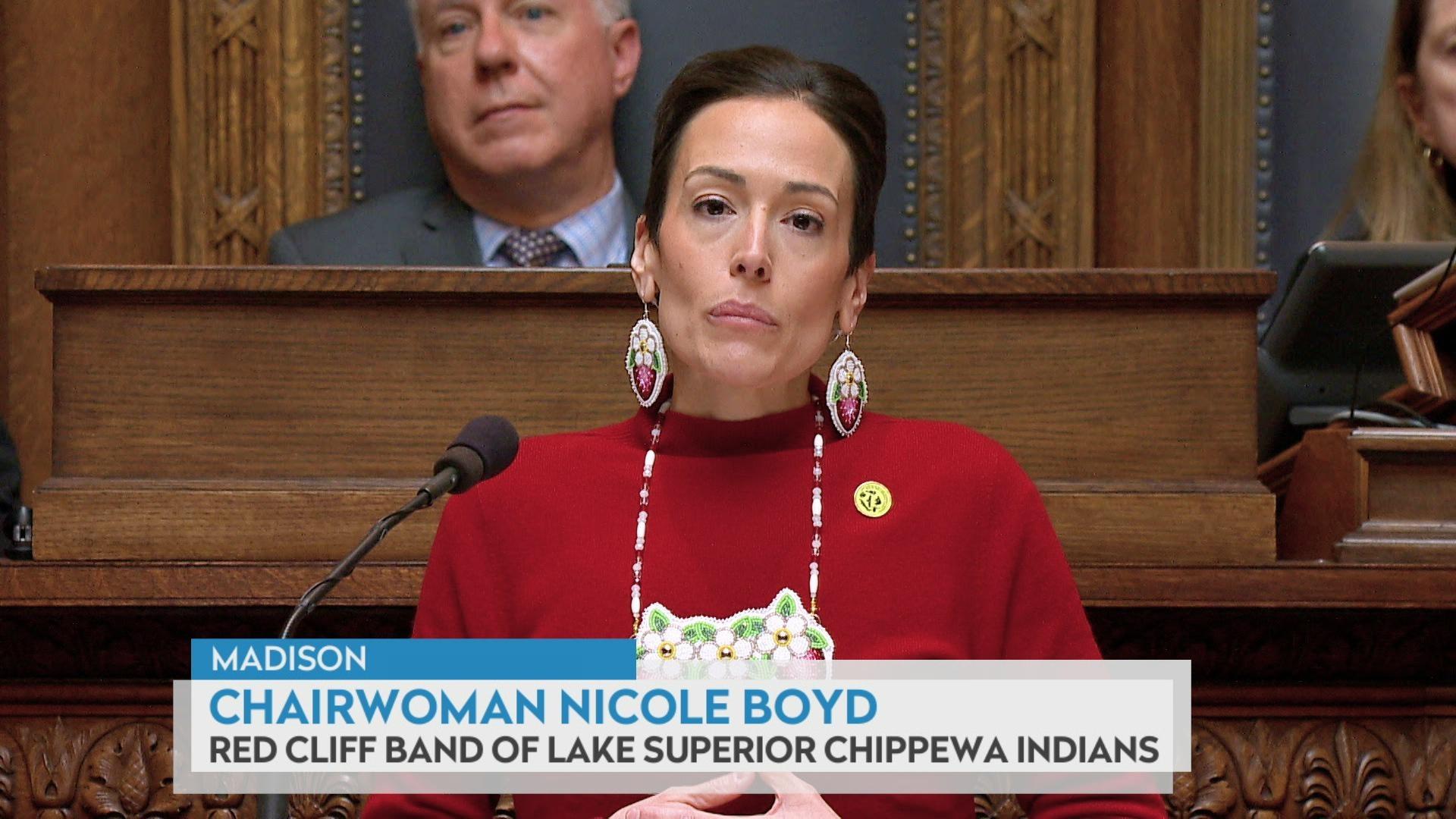
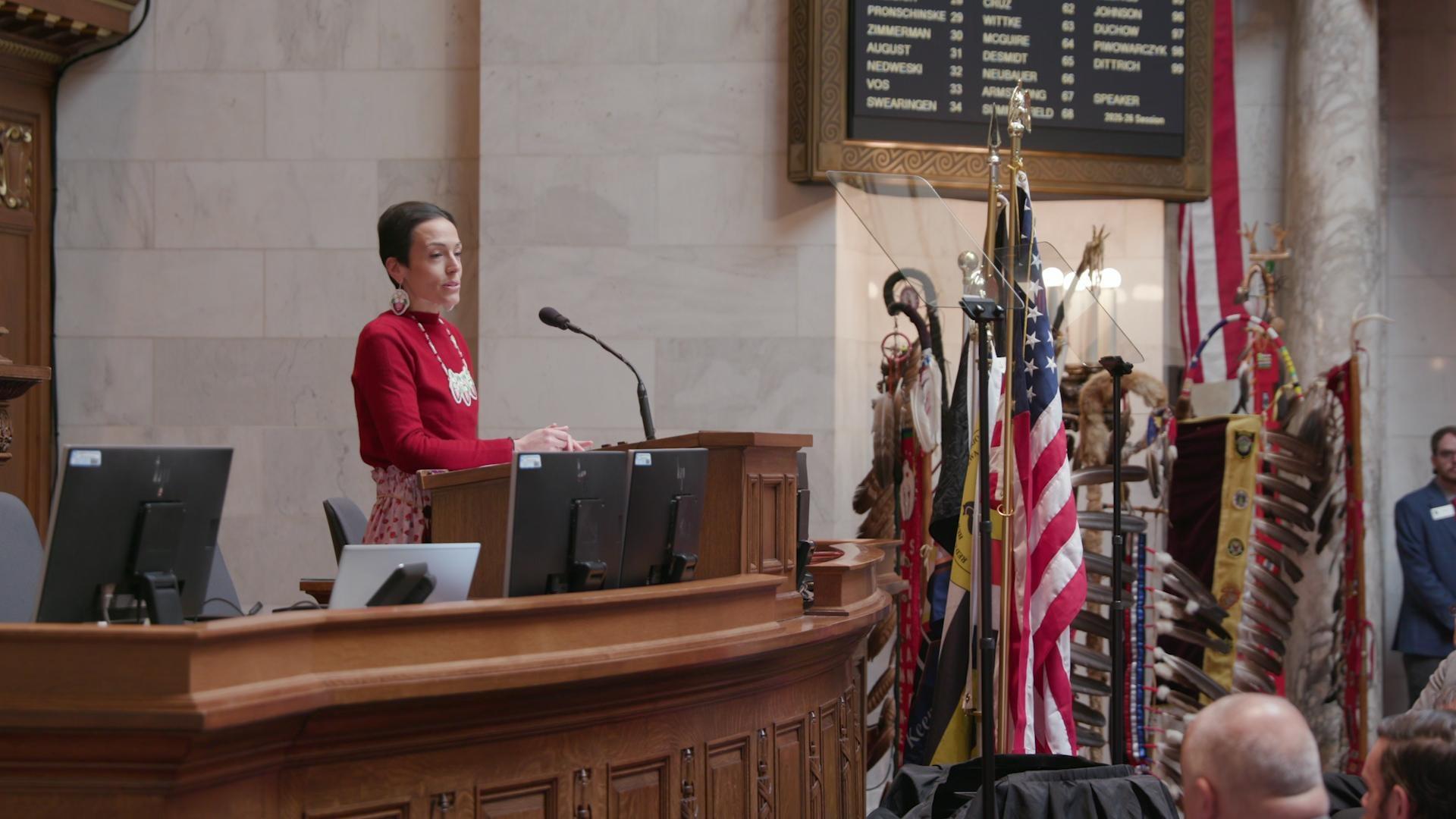
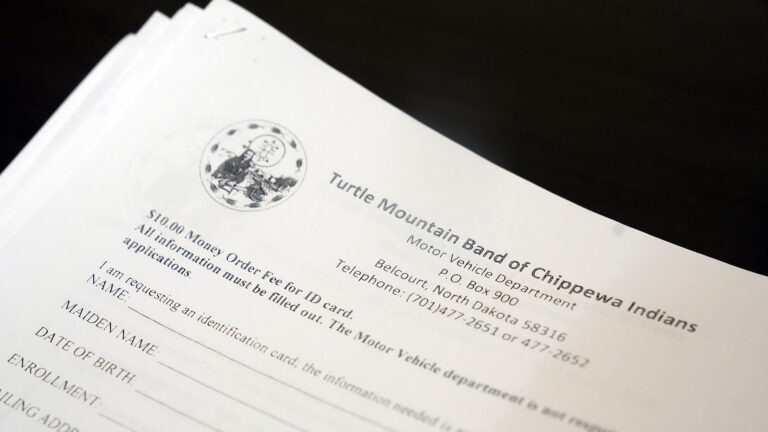

Follow Us